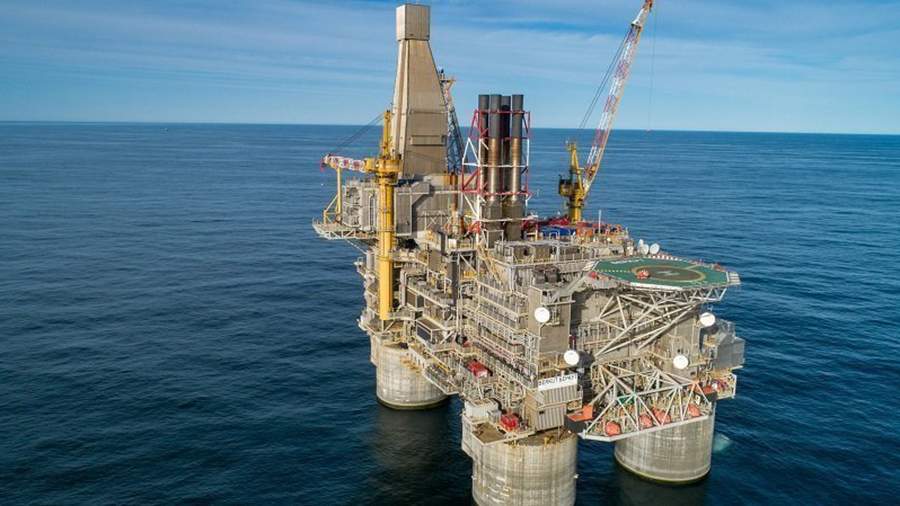
Japan intends to stay involved in Russian oil and gas projects
By Rhod Mackenzie
The Sakhalin-1 and Sakhalin-2 projects are significant for the Japanese energy sector, and the government intends to continue participating in them. This information is based on the Japanese Foreign Ministry's annual diplomatic report, known as the 'Blue Book'.
Regarding oil and gas development projects in Russia, such as Sakhalin-1 and Sakhalin-2, Japan considers them important for ensuring stable energy supplies in the medium and long term. The Foreign Ministry's publication notes that Japan intends to maintain its share in these projects.
Additionally, Japan aims to decrease its reliance on Russian coal and oil.
On April 3, it was reported that Moscow is willing to resume oil supplies to Tokyo under normal conditions, such as abandoning the price ceiling mechanism. Russian Ambassador Nikolai Nozdrev noted that Japan has always viewed cooperation in the oil and gas sector with the Russian Federation as a key priority, according to Gazeta.Ru.
In March 2023, Japanese Prime Minister Fumio Kishida stated that Tokyo would continue to participate in energy projects on Sakhalin to ensure energy security. He emphasized the importance of these projects due to the expected increase in demand for liquefied natural gas (LNG).
Sakhalin-1 is one of the largest offshore investment projects in the Russian Federation. It involves the development of offshore oil and gas fields - Chayvo, Odoptu-more, Arkutun-Dagi and Lebedinskoye, located on the north-eastern shelf of Sakhalin Island in the Sea of Okhotsk.
Sakhalin-2 is another large integrated oil and gas project, which includes the oil and gas infrastructure for the production, transportation and processing of hydrocarbons. The project is developing two fields in the Sea of Okhotsk.
